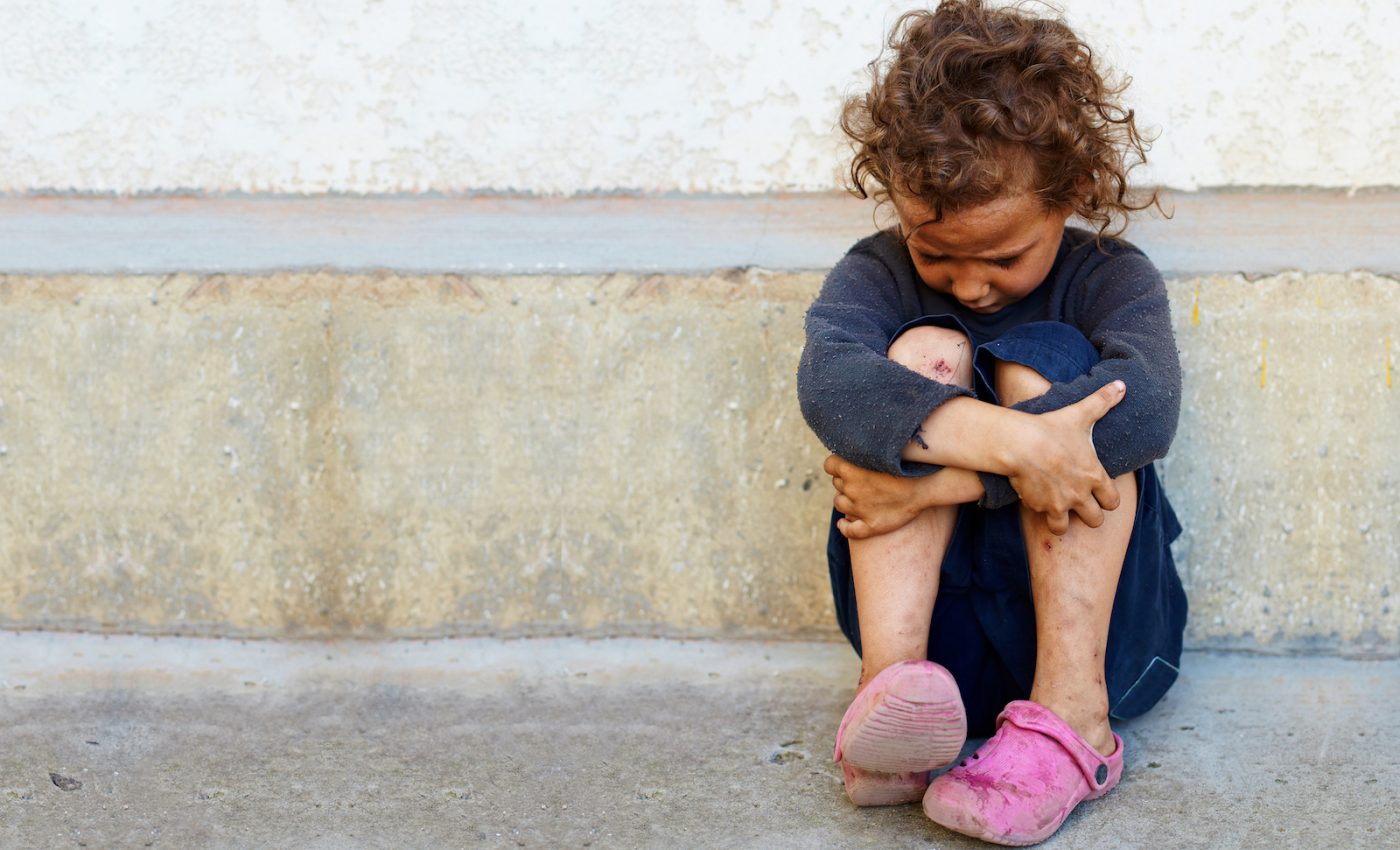
The damaging impact of homelessness at a young age
Homelessness takes a toll on both mental health and wellbeing and for children, and these impacts can be devastating on early development.
According to the Americans Psychological Association, homelessness affects physical and mental health, and being homeless at a young age increases the risk of depression, anxiety, malnutrition, and chronic illness.
Homeless children are also twice as likely to develop a learning disability due to a lack of education or having education interrupted or delayed.
A new study conducted by researchers from the Children’s HealthWatch found that being homeless during the pre or postnatal period or for more than six months correlated with the highest risk of negative health outcomes.
The study was published in the journal Pediatrics.
The researchers interviewed 20,000 low-income caregivers of children under the age of four. The participants had visited outpatient pediatric clinics in five cities across the U.S between 2009 and 2015.
The team asked questions about how the children of the participants experienced homelessness and conducted an assessment of the children’s’ health, previous hospitalizations, and development.
Homelessness that lasted for more than six months had the most adverse effect on children and pre and postnatal homelessness also took a toll.
The results show that the longer a child experiences homelessness during their most formative, early years, the higher the risks of health problems.
“These findings back up what we already knew about how the stress of homelessness affects children’s health,” said Megan Sandel, the lead investigator at Children’s HealthWatch, “but this helps us determine which children are at greatest risk, and makes the argument that policymakers and providers need to intervene to change the trajectory of a child’s development.”
The study also highlights the burden on healthcare that homeless children create because of the increased need for hospitalizations, healthcare, and interventions which just adds to the instability and strain on well-being for children and their families.
Preventing or reducing child homelessness can start with pediatricians who might see warning signs when caring for children from unstable homes according to the study authors.
“Interventions that prevent homelessness for families and pregnant women can be extremely effective, and with data on the housing status of our patients, we can better advocate for more resources to drive innovations in addressing housing instability,” said Deborah Frank, the senior author of the study.
—
By Kay Vandette, Earth.com Staff Writer












